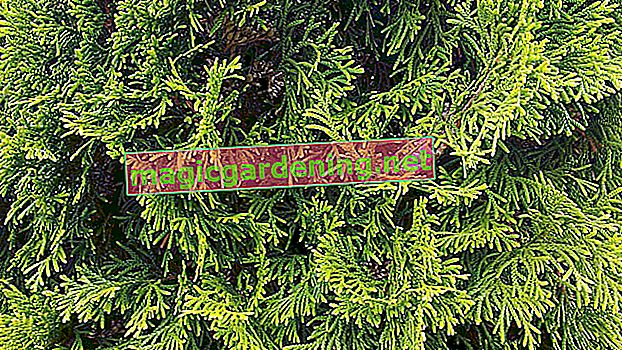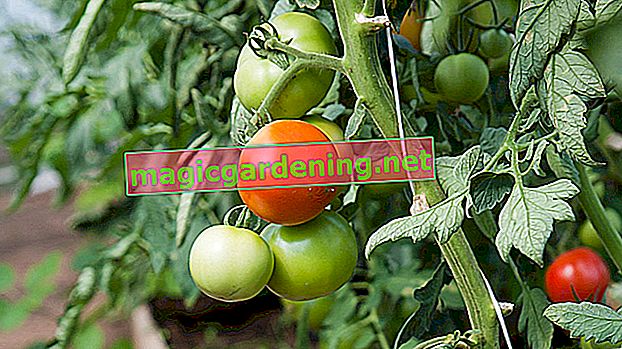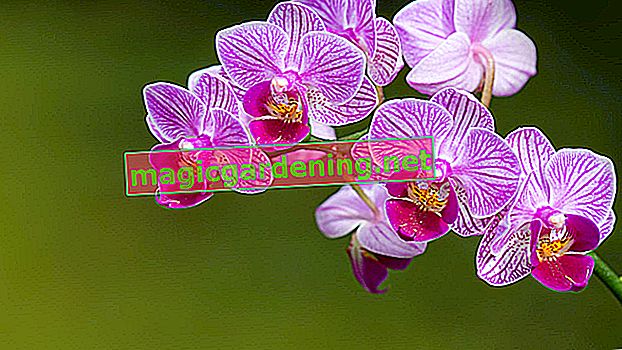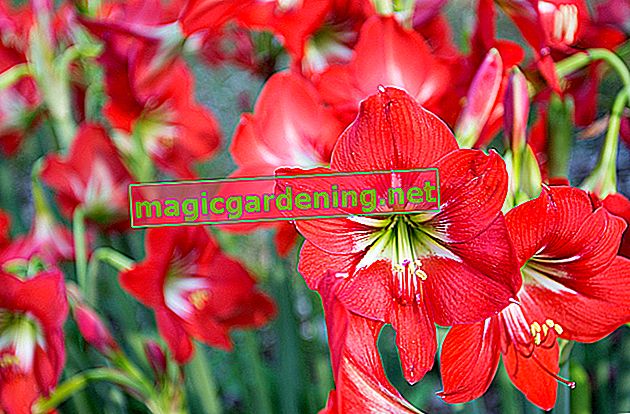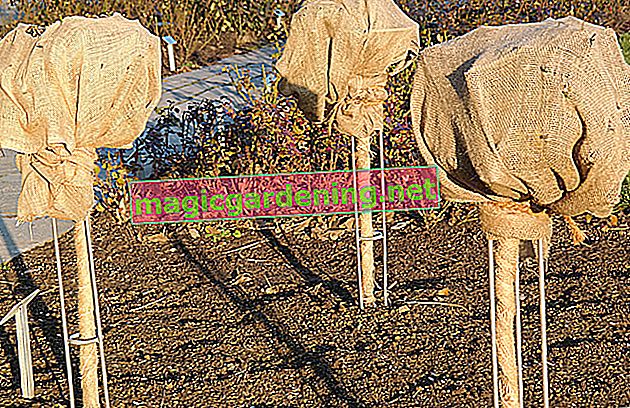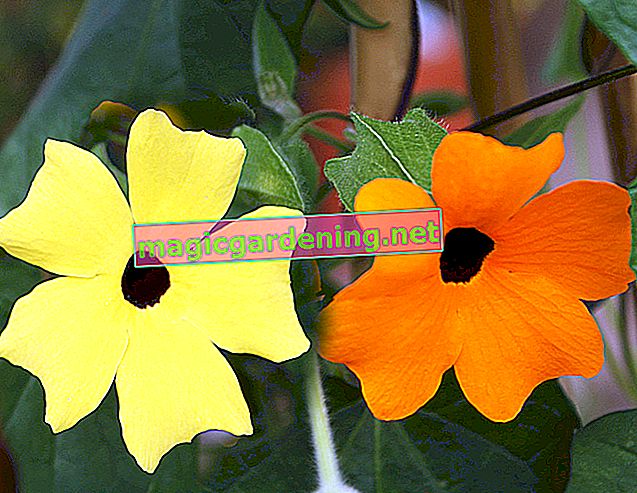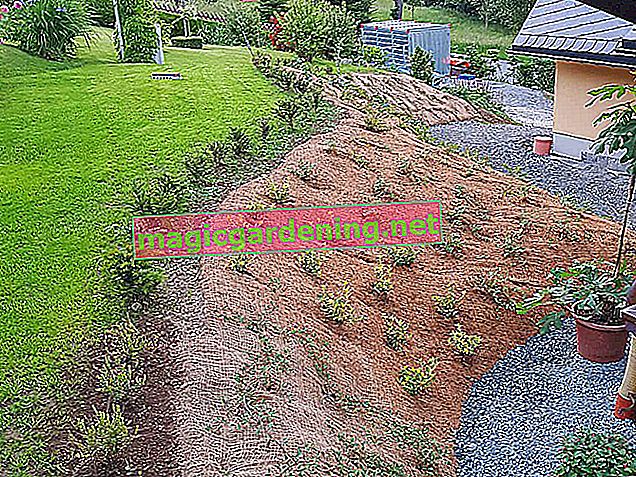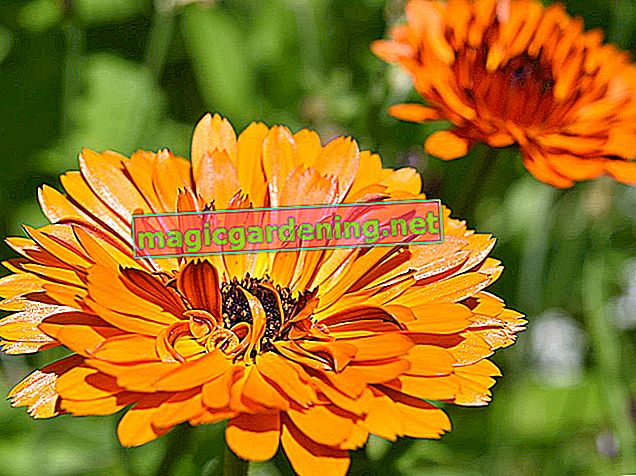
The right location for gloxinias in the garden
The non-poisonous garden gloxinias like a light, somewhat sheltered location in the garden. They tolerate sunny locations just as well as partial shade. However, direct midday sun is not that cheap.
also read
- The right location for gloxinias in the garden or house
- Gloxinias for the garden are hardy
- Climbing gloxinias require little maintenance
The soil must not be compacted. The greatest enemy of the garden gloxina is waterlogging. The tubers then rot in the earth.
How to maintain garden gloxinias
- to water
- fertilize
- to cut
- overwinter
You only need to water if it has been very dry for a very long time. During the flowering period, the gloxinia need more water than before and after. Pull them in the bucket, make sure that the soil does not dry out completely, but that it is never too moist either.
You do not necessarily have to fertilize garden gloxinia. It is enough if you spread some ripe compost around the plants in the spring or summer.
Cut off dead flowers as soon as possible. This encourages the formation of more flowers and extends the flowering time.
Properly overwinter gloxinia outdoors
Outdoor gloxinias are hardy to minus 20 degrees. However, the tubers are very troubled by the winter wetness. We recommend digging them up in autumn and storing them in a cool, dry place.
In spring you can prefer them in the pot and plant them outdoors again from May.
Propagation by dividing the tubers
Gloxinia can also be grown from seeds - but this takes a long time. It takes three years for the plant to develop the first flowers.
It is easier to multiply gloxinia by dividing the tubers. However, the mother plant often dies. The tubers must be stored as dry and dark as possible until they are planted out from May.
Tips
In addition to the low gloxinias for the garden, there are also varieties that are sold as climbing gloxinias. These form long tendrils with which they wind up on trellises. They can also be grown very well as hanging plants in a hanging basket (€ 14.99 on Amazon *).

